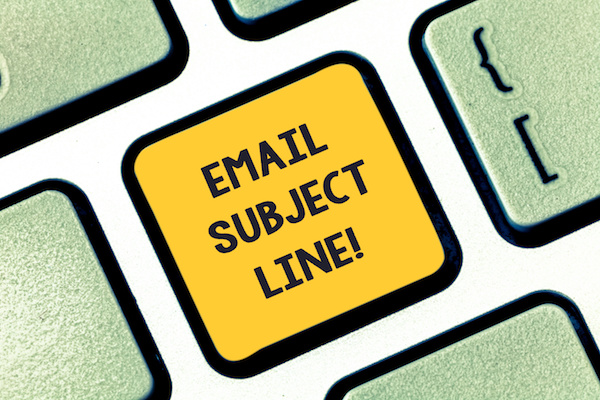
Since effective marketing is crucial for the success of any business, even medical practices must pivot and enter the digital age. With the right strategies, these businesses can connect with patients, build trust, and establish a strong online presence. Continue reading to learn some invaluable digital marketing tips tailored specifically for running a medical practice.
Create an informative website
A well-designed and user-friendly website is the cornerstone of your business’ online presence. By creating multiple landing pages to provide essential information, you generate more opportunities for customers to find your website. As a medical practice, be sure to include a services page, bios for your physicians, office hours, and contact details. Also, be sure to work alongside a website development team so that your business site is mobile-responsive for patients to use while on the go.
Prioritize search engine optimization (SEO)
Optimize your website with relevant keywords and phrases to improve its visibility on search engines like Google. Local SEO is especially important for medical practices, as it helps potential patients in your area find you easily.
*We offer an extensive SEO service where content is created based on industry-driven keywords. Our specialists also create new landing pages and look for opportunities for backlinks and guest posting.
Content is key
By regularly updating your website with high-quality, relevant content, you’re establishing an expertise in the medical field. Content could include blog posts, articles, videos about health topics, treatment options, and preventive care. Using a wide variety of landing pages helps to attract organic traffic to your site, which is why it’s one of our favourite digital marketing tips.
*We offer a blogging service where keyword-driven topics are researched and new posts are published on a weekly basis.
Leverage the power of social media
Similar to creating content for your site, sharing content and engaging with patients on social channels like Facebook and Instagram is a great opportunity to further your business efforts. Whether you choose to share informative posts, patient testimonials, or updates about your practice, social media works as a powerful tool for building relationships and fostering patient trust.
*We offer a social media marketing service where our specialist will handle the content that’s shared and posted on your channels. Replies to comments and DMs are also included.
Utilize Google My Business
Claim and optimize your Google My Business listing. This helps your practice appear in local searches, provides essential information at a glance, and allows patients to leave reviews.
Send out emails
While email marketing for a medical practice is not so much about “selling” as it is “informing”, it’s important to maintain a newsletter to keep patients up-to-date about new treatments, healthcare tips, and practice updates.
*We offer an email marketing service that provides just that. All you have to do is tell us what’s going on and we will make sure your patients know it too!
Which digital marketing tips will you be embracing next? Drop a comment below to share with our readers.
Alex Wilks has been working as a copywriter and digital marketing strategist since 2018, with added specialties in social media and email marketing. With a Bachelor’s Degree in Journalism and Communication, she is a natural content writer with the ability to connect well with her target audience.








